Technologies and tools you can use to launch your hardware startup
One of the first and most difficult challenges for a hardware startup is the construction of the prototype. As iteration and prototype improvement are critical with every startups. It’s not easy or cheap as launching a software startup. For a long time, it was so expensive that only very feel people can afford a hardware startup.
Thankfully all this is developing fast. It’s more than theory or prediction: a number of new hardware companies have shown it, such as Narrative, Myo and Misfit.
To create your hardware prototype, what are some new technologies and tools you can use? Here is the top 5 of mine (in no particular order).
1. 3D printing – economic and rapid prototyping
Comparing with injection molding, using 3D printing, you can quickly manufacture a prototype at a low cost. You would need to use CAD(Computer Aided Design) software to draw a digital model, basing on which the model would be printed layer by layer.
These days, it’s easily to buy a desktop 3D printer for a fair price. If you own one, you can make prototypes even in your home. It’s not necessarily to buy one though.
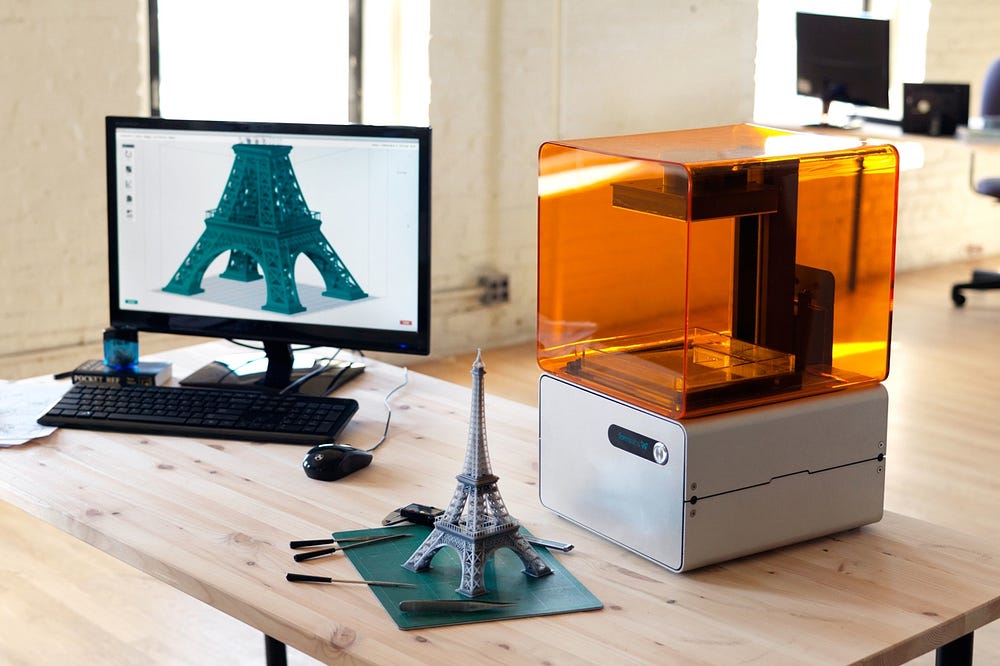
Stereolithography 3D printer
As the estimation, there are approximately 100,000 3D printers worldwide. It is very likely that someone in your city actually has one. Try to check this on 3D hubs.
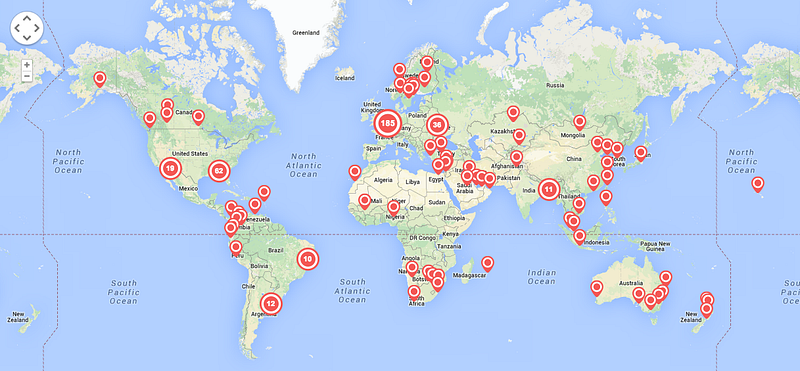
3D Hubs, one of the largest 3D printers networks with more than 1,900 locations in 300 cities.
Today’s desktop 3D printer mainly uses plastic and resin. If you have other need of materials, You can try looking for help from online 3D Printing Service who can offer industrial printers.
2. Use affordable easy-programming microcontrollers
Last Christmas, my friend brought me the Arduino Starter Kit. Arduino is an open source prototype platform for creating interactive electronic objects.
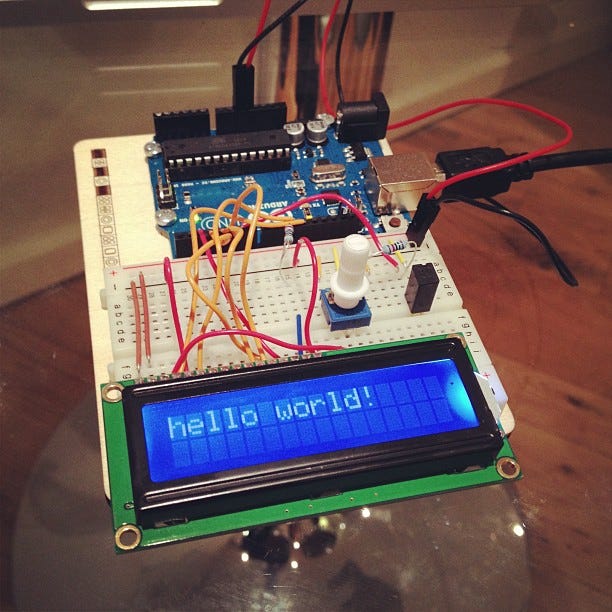
My Arduino
Many hardware ventures today have built their prototypes with Arduino. It’s easy to learn even if you do not have an electrical background or basic programming skills. In fact, kids can do it too, and many people can do it.
What kind of prototype can I make with Arduino? Below is an example, a DIY cell-phone:
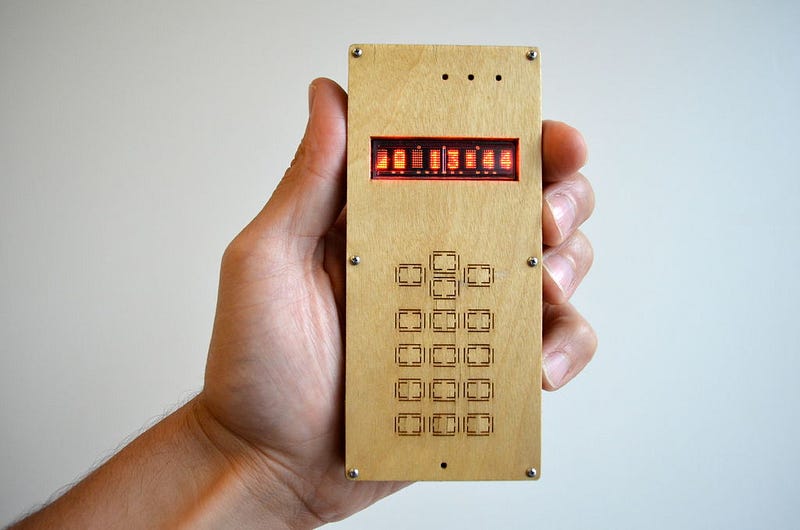
DIY Cell-phone
The work is rough, yet it’s amazing that you can create something like that by yourself.
Besides Arduino, there are many great platforms such as Raspberry Pie, TinyDuino, etc. Over the past few years, when you’ve been looking at the Kickstarter hardware project, you’ll notice that many new microcontrollers will be released. This provides many tools to make your prototype easily and at low cost.
3. Sensors!
You may going to connect sensors to the microcontroller. Online shops like SparkFun and Adafruit make it easy to purchase all sorts of smartphone sensors, such as accelerometers, gyroscopes, lights and touch sensors.
SparkFun has brought open-source electronics to a whole new level. We announce new batches every week in our product showcase. Like a fashion show of the latest electronics.
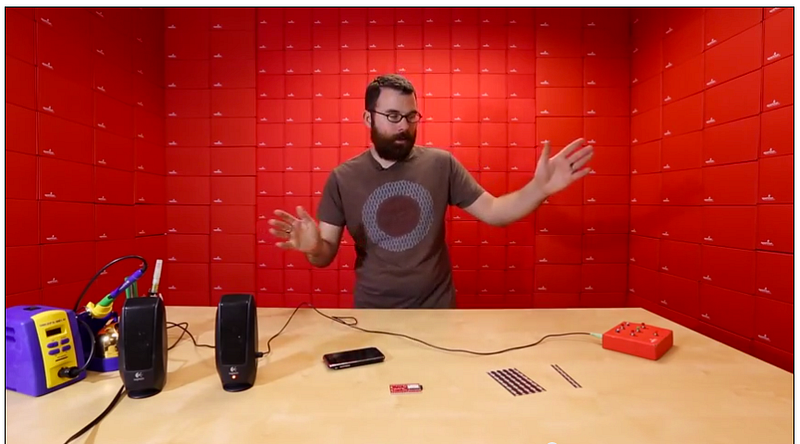
SparkFun’s Friday Product Show
4. Custom circuit on paper
Basicly, the fastest way to build a prototype circuit is the breadboard:
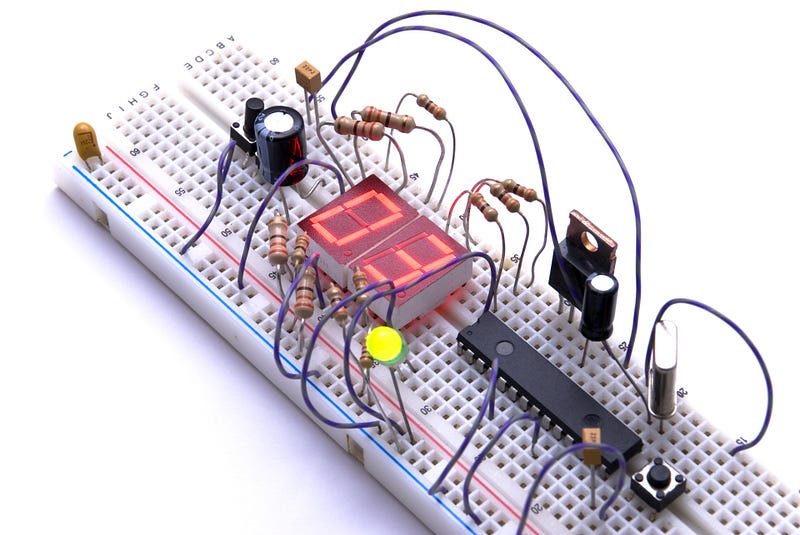
A Breadboard.
People who use breadboards will find it a bit of a laugh. Fortunately, new tools are being developed.
If you want to make your circuit very fast, you can draw it on paper with Circuit Scribe. Amazingly, you can sit around the table with the team and create circuit and test ideas.
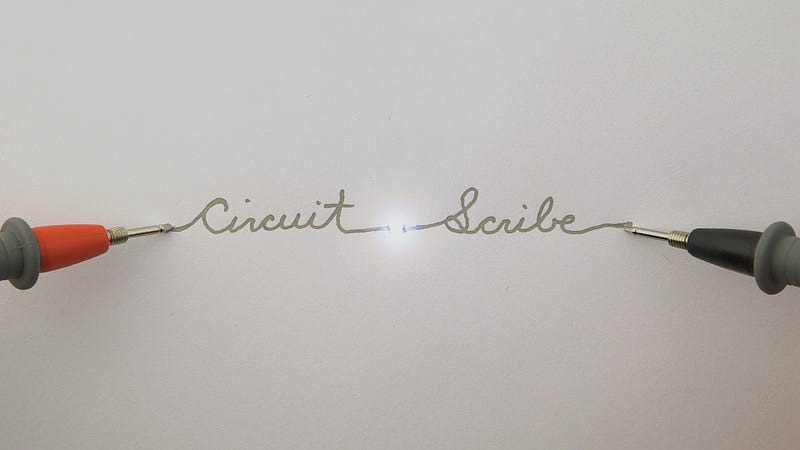
Circuit Scribe
If you want to make a more robust circuit or embed it in different kinds of materials, you can order the EX circuit printer in advance. As you can see in the example below, you can do amazing things like fabric printed circuit.
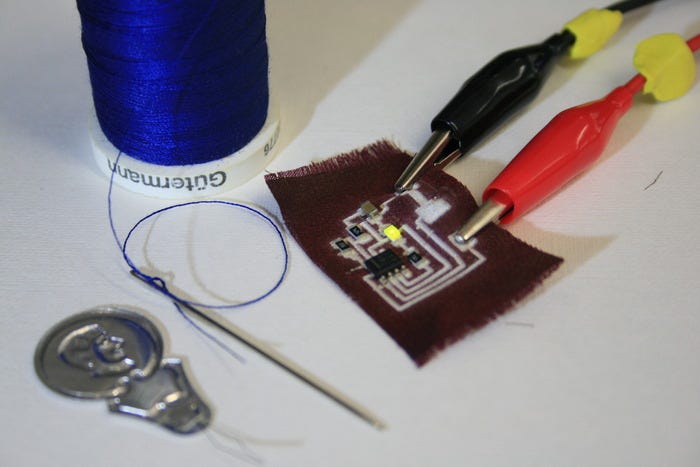
EX circuit printer
5. Configure the appropriate team before creating the prototype.
As you may notice, building hardware prototypes requires a comprehensive team with knowledge in areas such as design, programming, and electrical engineering. Even if you have experience in several filed, it is difficult to do everything just by yourself. You may need to configure your team to expand your start.
Finding the right people for hardware startup may be more difficult than starting the software. Fortunately, there are more than enough online communities that are already dependent.
- Thingiverse – Product designers
- GrabCAD – Mechanical engineers
- Instructables – Electrical Engineers
- Etsy – Craftsmen
- Local makerspace
…
Considering creating prototypes? Share your thoughts with us.